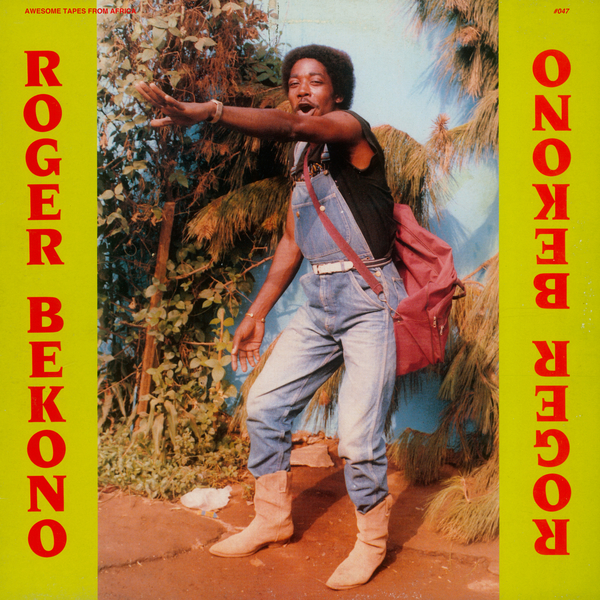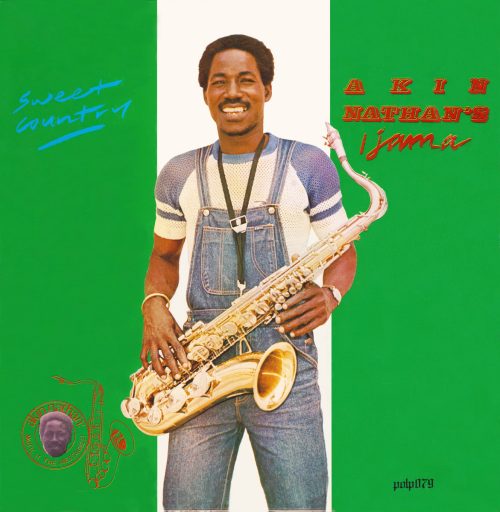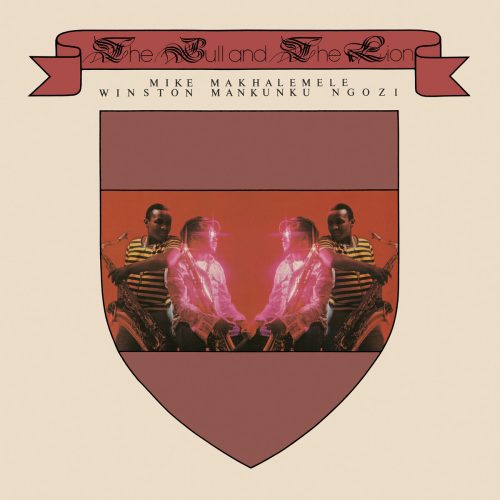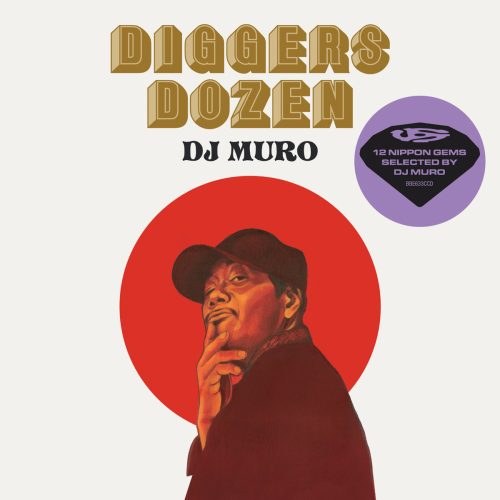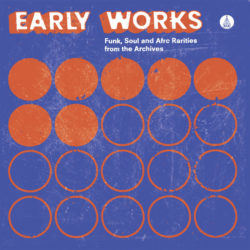Roger Bekono
Label: Awesome Tapes From Africa
$26.99
Availability: Out of stock
“Roger Bekono made a deep mark in the contemporary history of Cameroonian music through the four-on-the-floor, ribald intensity of bikutsi. The Ewondo-language dance-pop style that forms an undulating tapestry of interlocking triplet rhythmic interplay came to international prominence in the European “world music” scene as the 90s began. But the relentless sound of bikutsi developed in Yaoundé at the hands of Bekono and many others, as it developed from a village-based singing style performed mostly by women into a cosmopolitan music force that rivaled the popularity of established musics like Congolese rhumba, merengue and makossa. With his unique—some say suave—voice, Bekono contributed much over a period of more than 10 years as part of the evolution of this traditional rhythm-turned-urban dance movement.
It was in the 1980s that the big names in bikutsi emerged. The style began to have international visibility. A multitude of vibrant, young talent appeared on the Cameroonian music scene. There had already been the crucial groundwork laid by the father of modern bikutsi Messi Martin who discovered how to transpose the sound of the traditional balafon (xylophone) to an electric guitar. Bekono sensed that bikutsi was in its golden age amid fierce competition he took his time to prepare his first solo album by working with the big names of the time, from both the old and new generations.
In 1987, Bekono released Assiko 100,000 Watts on LP and cassette. Very quickly the album became a hit with “Biza” and “Assiko 100,000 Watts” receiving radio play. He sold plenty of records and cassettes and toured the nation. This album brought him to northern Cameroon, where met Ali Baba (the father of Soul Gandja, a style of his own design), a rising star of modern music in the region. They became close friends during that period. The album title refers to yet another style of dance and music, assiko, It is important to note the assiko is not a traditional Bassa dance, but rather a dance adopted by Bassa-speaking folks. It is a traditional Cameroonian healing dance transformed into a party dance, especially found among the Bassa and the Beti. It is therefore thanks to this song that Bekono gets invited to perform in this coastal part of Cameroon, Bassa country, where he meets assiko legends Jean Bikoko and Samson Chaud Gar. The song “Biza” also made a lot of noise outside the capital, and even in the Beti villages during celebratory events. Bekono set his sights on international superstardom though. So he began work on his third album, to be released at the end of 1989.
In the middle of 1989, Jolie Poupée was released by the label Inter Diffusion System and aggressively hit the radio, discos and national television. The music video for the title track was on loop on TV. It felt like everyone was talking about it, even artists in adjacent music scenes like makossa. The album came out on vinyl and cassette and remains Bekono’s best-selling recording to this day.”
Related Products
Label: We Are Busy Bodies
$39.99 Original price was: $39.99.$18.99Current price is: $18.99.

